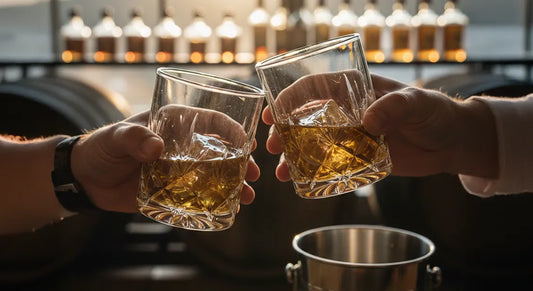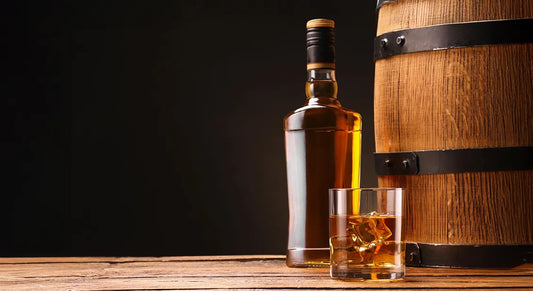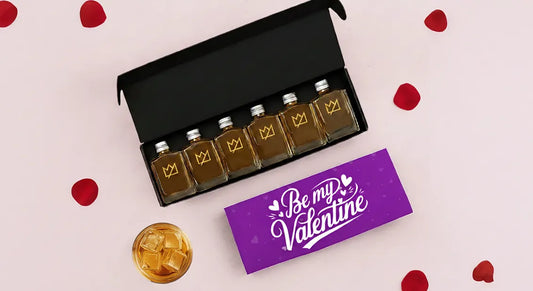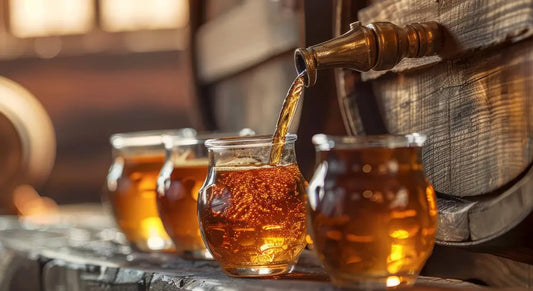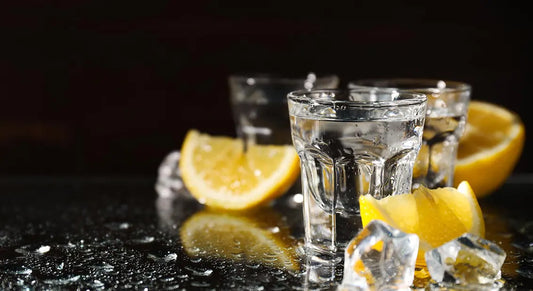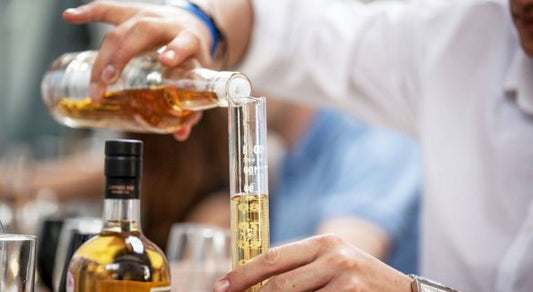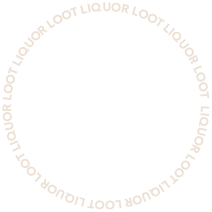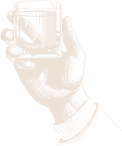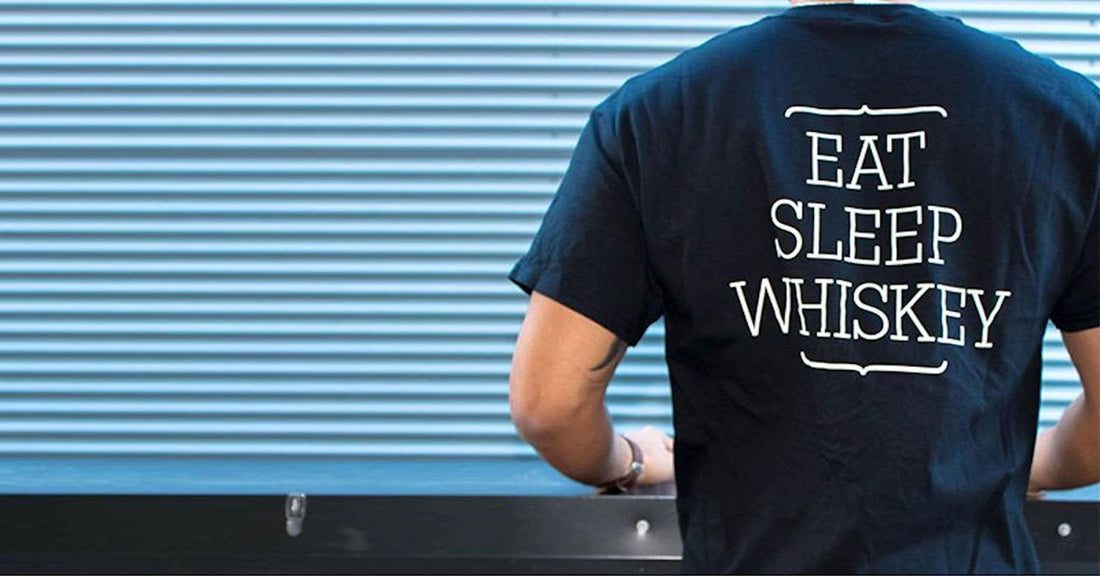
The Great Debate: Whisky or Whiskey?
Most aficionados can agree: whisky is one of man’s greater inventions.
What they can’t seem to agree on is how to spell the bloody thing.
The whisky vs. whiskey debate has raged for nearly as long as the spirit has been in its modern form. So who’s right? How should we be spelling our favourite drink, anyway?
Whether you spell it whisky or whiskey, our full whisky collection lets you explore both sides of the barrel.
Early Origins
The argument goes all the way back to the early days of whisky in Scotland and Ireland. Ancient Celts had been making various alcohols for centuries, but it wasn’t until around the twelfth century that people in Europe rediscovered the secret of distillation and applied it to beer. No one’s quite sure who brought the art of distillation back to Europe—we know that Arab scientists had been distilling everything from perfumes to alcohol since the 800s—but some think Irish monks who had travelled to the Holy Land picked up the technique and brought it home with them in the 1000s. Prefer the no-‘e’ spelling? Dive into our Scotch whisky range or Japanese whiskies — both known for tradition and balance.

From there, they quickly switched from making perfume to making booze. This proto-whisky was probably a spiced, herb-infused concoction based on a distillation of beer that would’ve been similar to Dutch genever, the ancestor of today’s gin, which was made out of distilled malt wine infused with juniper and herbs to cover the harsh taste of the alcohol. Within a couple centuries, they dropped the herbs in favour of a flavour more like what we know and love today.
Though we’re not sure when whisky evolved into its present-day form, we have texts showing anecdotal evidence of hard spirits in Ireland in 1404. Meanwhile, in Scotland, historical sources show that in 1494, a friar at Lindores Abbey in Fife was making an early form of Scotch whisky (about 1,500 bottles of the stuff!).
At the time, all distilled spirits were known in Latin as aqua vitae, or ‘water of life’ because of its various unique properties (and probably because of how good drinking made you feel!). In Gaelic, that became either uisge beatha if you were Scottish or uisce beatha if you were Irish. Though sometimes it was spelt usquebaugh, depending on who was doing the writing. So the spelling issue has been around basically forever—even in Gaelic, people spelt the name differently depending on where they were from.
Branding
From there, the term got shortened and jumbled around, likely when English

soldiers invaded the Celtic lands and couldn’t pronounce the name of their new favourite drink. And so we ended up with ‘whisky’.
But that was only in Scotland. In Ireland, ‘uisce’ became ‘whiskey’ for reasons lost to the mists of time. Rumour has it that nineteenth-century Scotch whisky had a reputation for being rough at best, and mostly just plain lousy. So when Irish immigrants started bringing their distillation expertise to the United States between 1820 and 1860, they wanted to set their product apart as something better. They added the E as a branding measure.
To E or Not to E

Now, whether that’s true or not, the split has persisted through to today. Wherever Scottish distillers went, ‘whisky’ reigned. If the Irish made more of an impact on an area, ‘whiskey’ got popular.
For the most part, the world prefers ‘whisky’. Its close cousin ‘whiskey’ is most popular in Ireland and the United States, though some American distilleries that trace their roots to Scotland prefer to label their wares as whisky. More of a whiskey-with-an-e fan? Explore our Irish whiskey collection
and smooth, sweet Bourbon options.
In general, it’s pretty easy to remember who favours what spelling:
- Ireland and the U.S.: whiskey
- Everywhere else (including Scotland, England, Australia, Canada, Japan, India, Finland, Germany, and Iceland): whisky
Even the New York Times goes by what a distiller prefers to call its own wares, referring to the American Maker’s Mark as whisky and Irish Redbreast as whiskey.
More of a whiskey-with-an-e fan? Explore our Irish whiskey collection and smooth, sweet Bourbon options.
Have a Few
If you and your mates are out for a few drinks, the pattern still holds. If you’re drinking in Ireland or the U.S.—or drinking Irish or American booze—then you’re having whiskeys.
Anywhere else, drinking spirits made anywhere else? Enjoy your whiskies.
You’re technically not wrong whichever way you spell it—just like you’re not wrong however you choose to drink your whisk(e)y, so long as you enjoy it! Want to make the spelling debate part of your daily discovery? Try our whisky advent calendars — featuring bottles from every spelling region.


